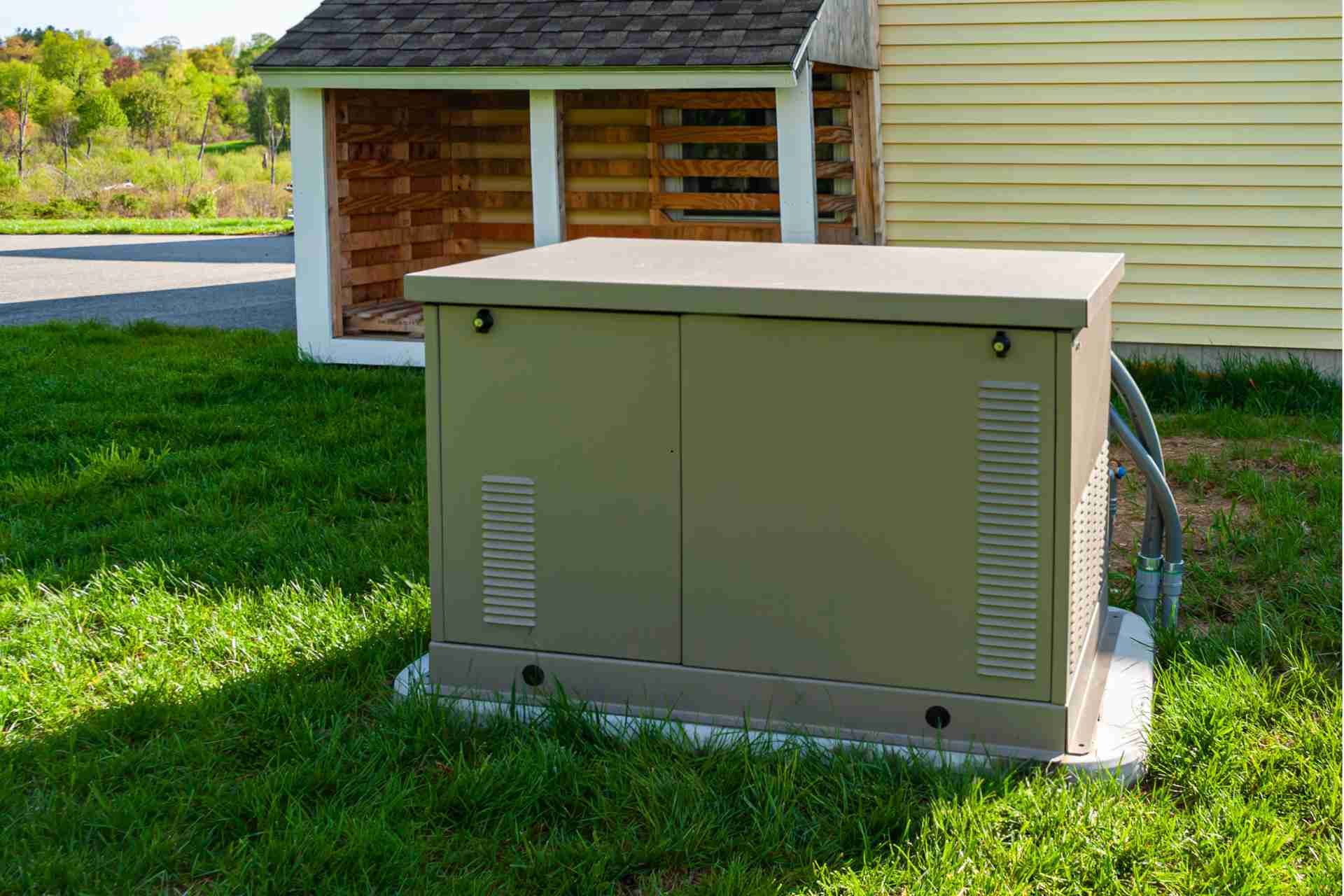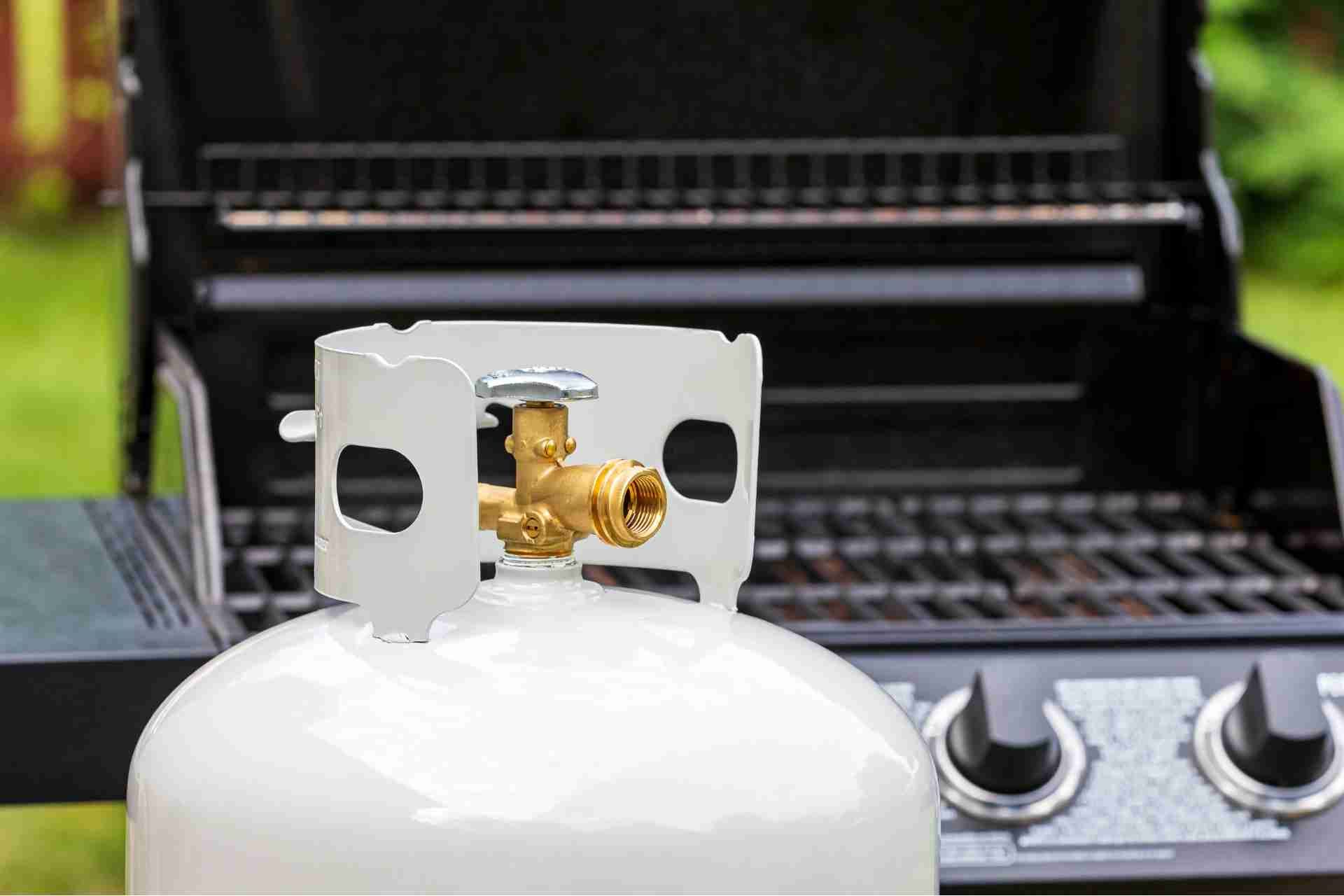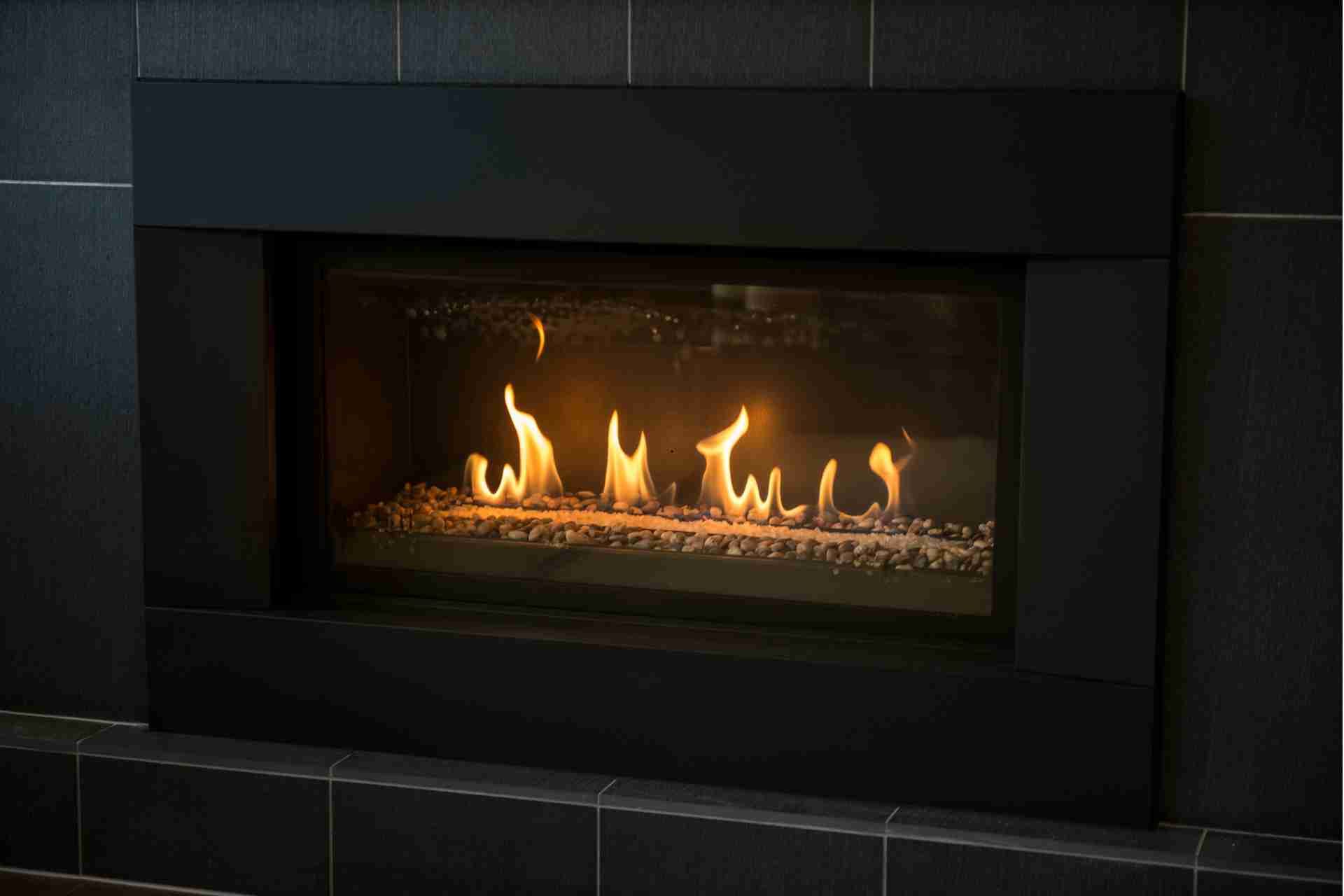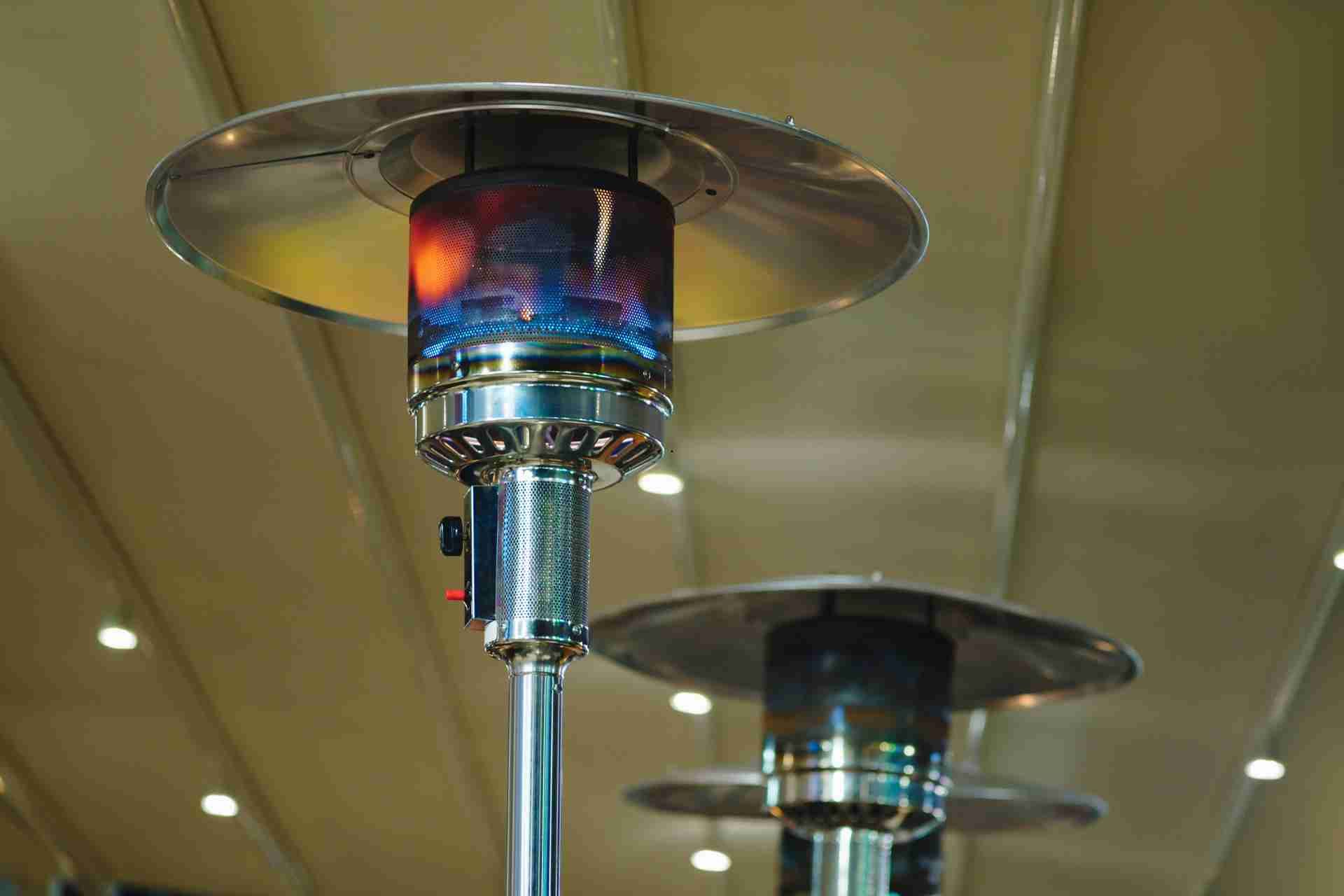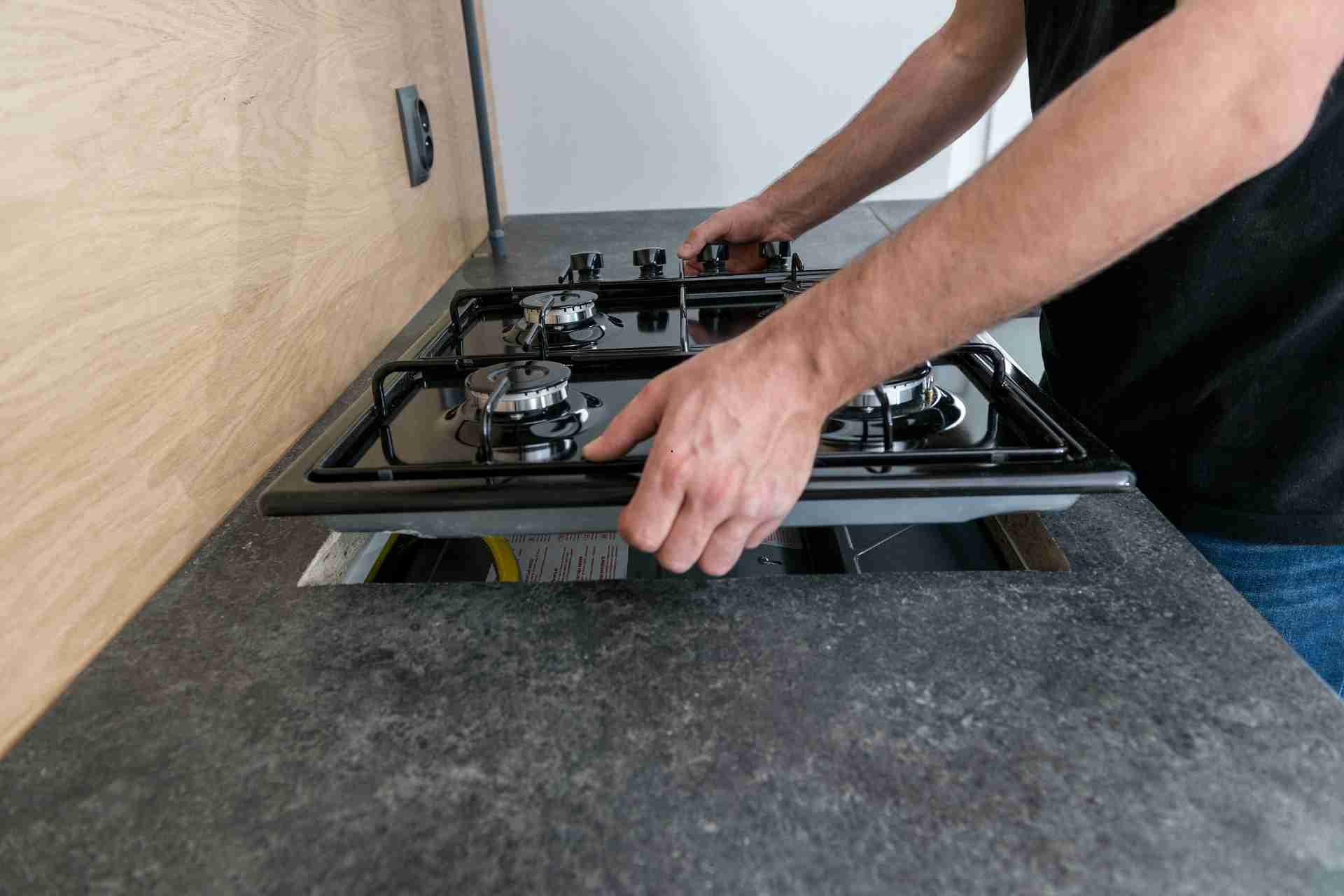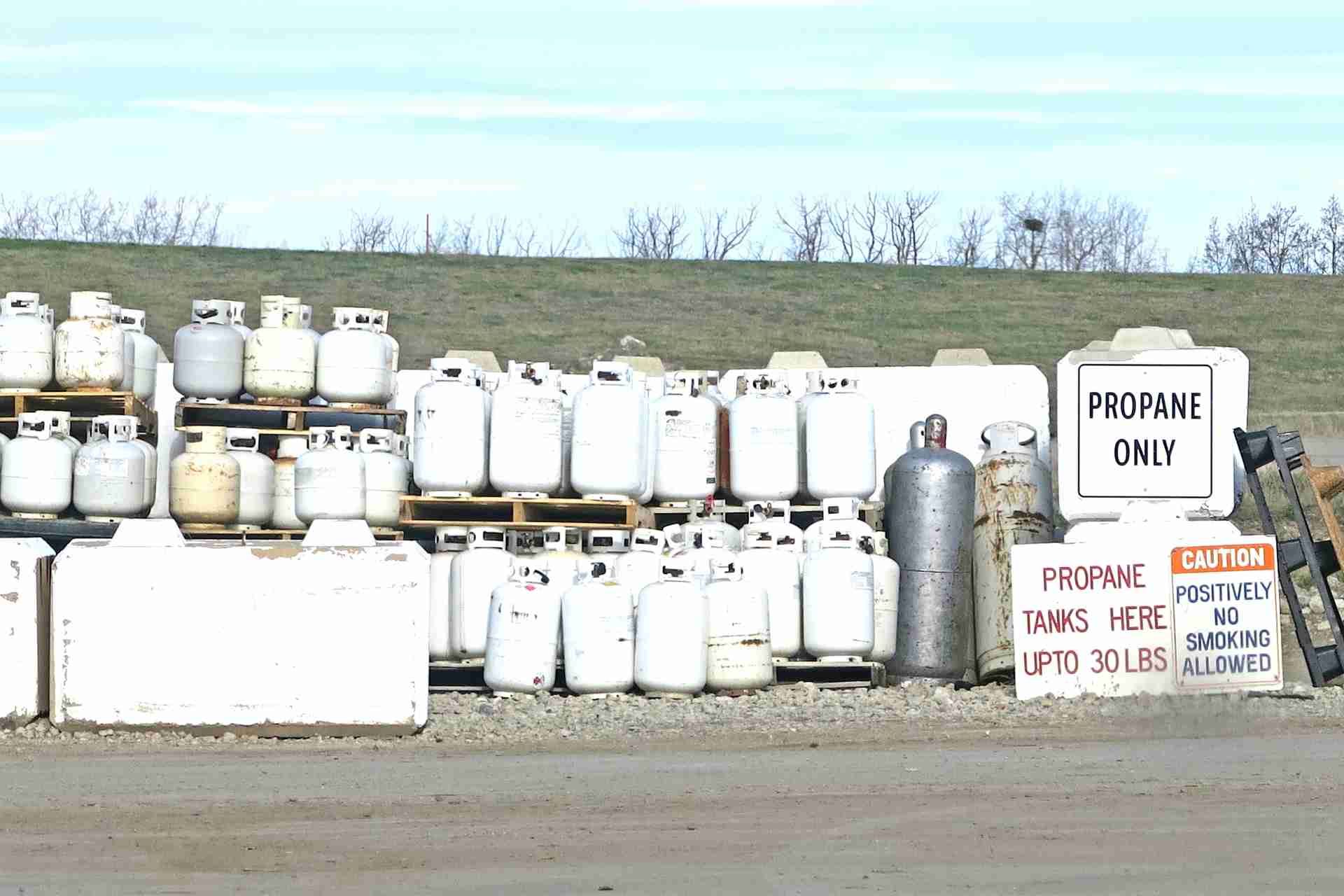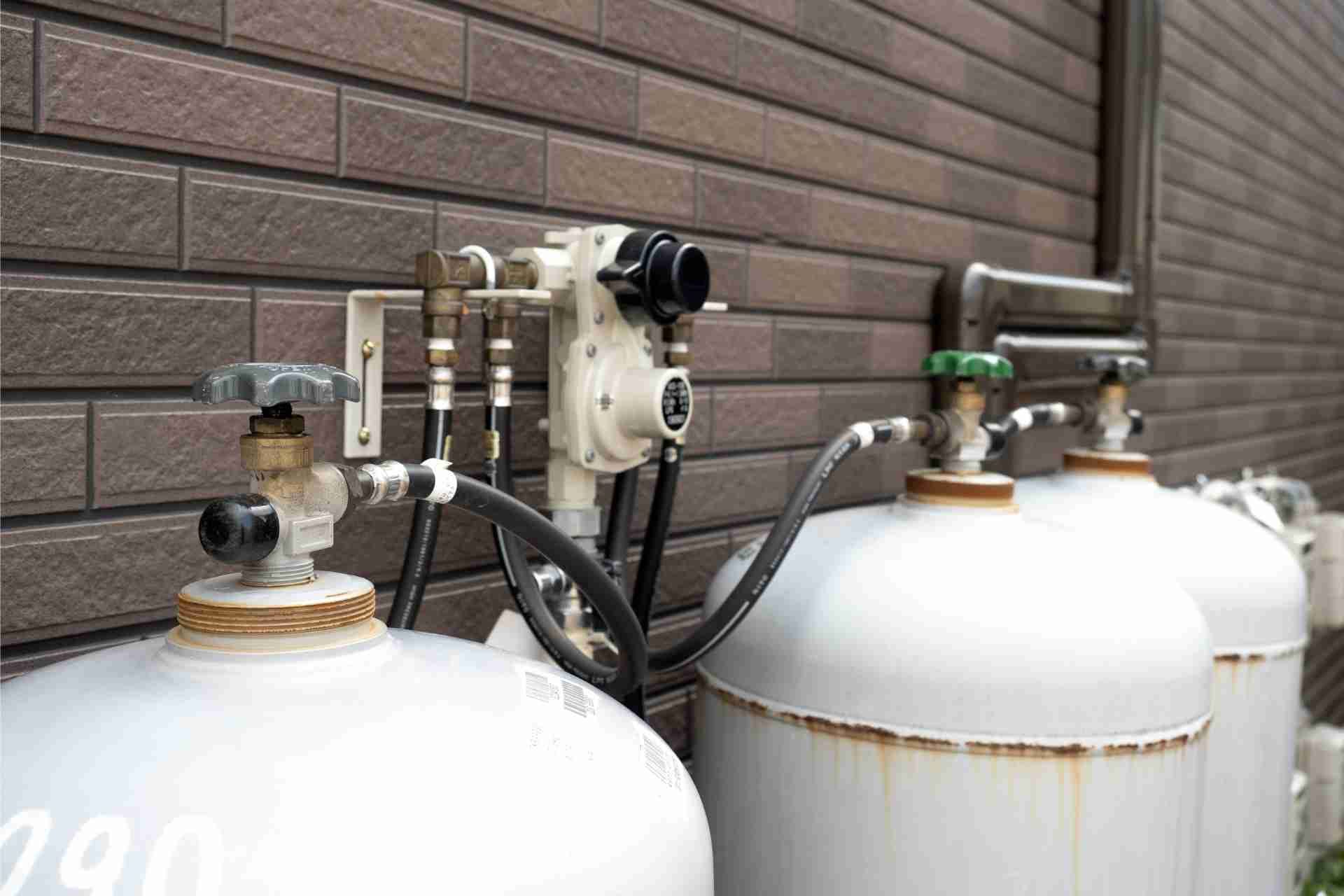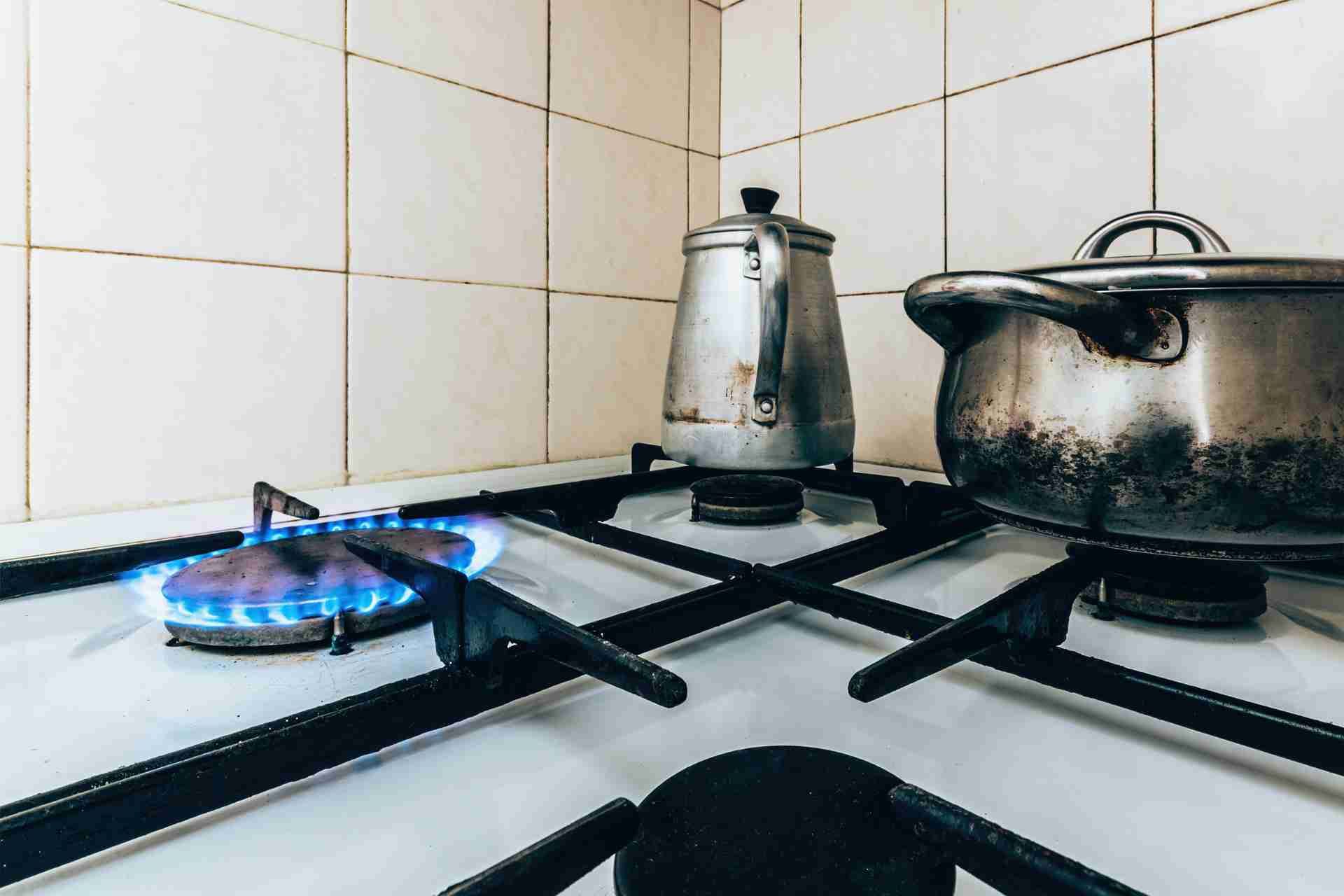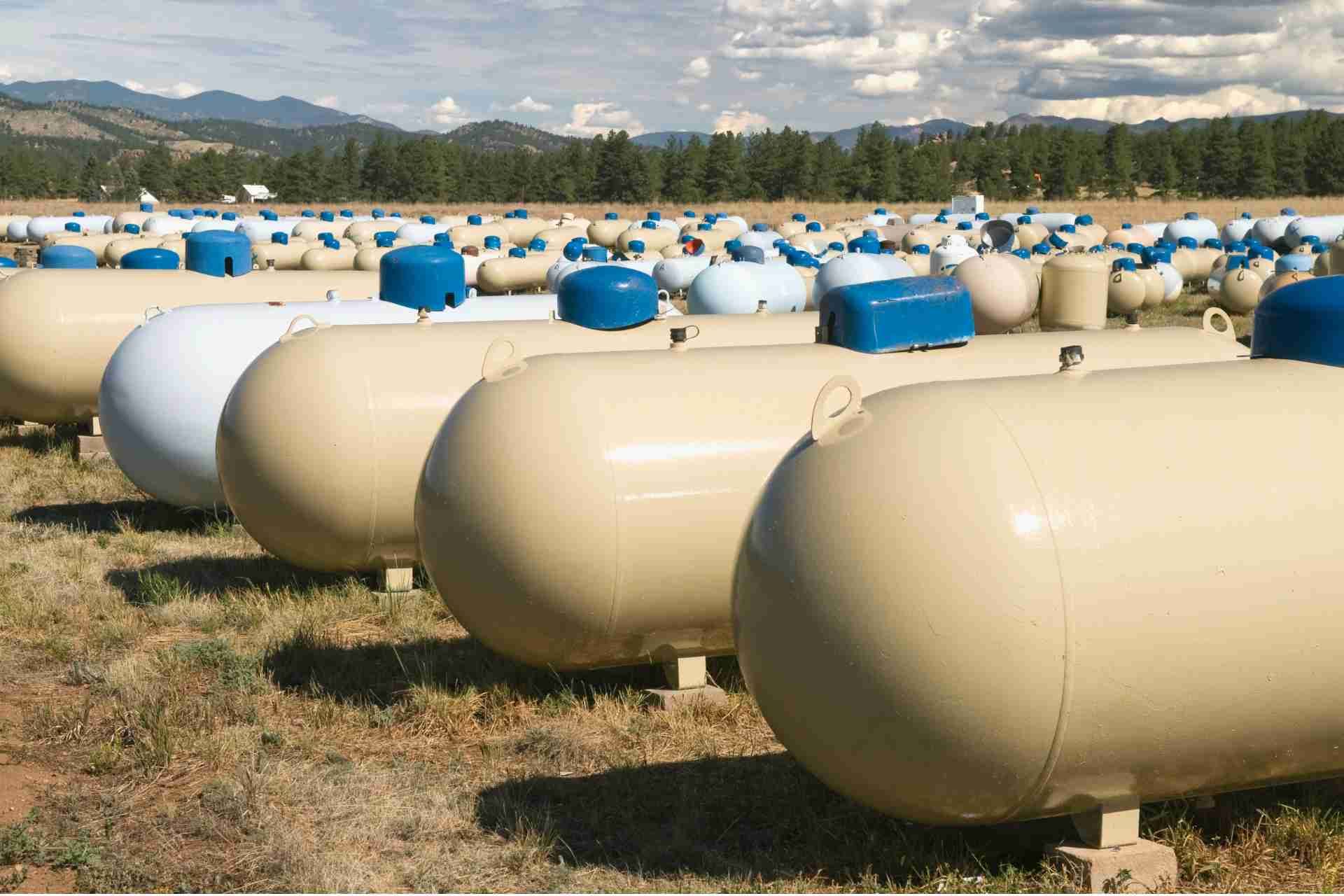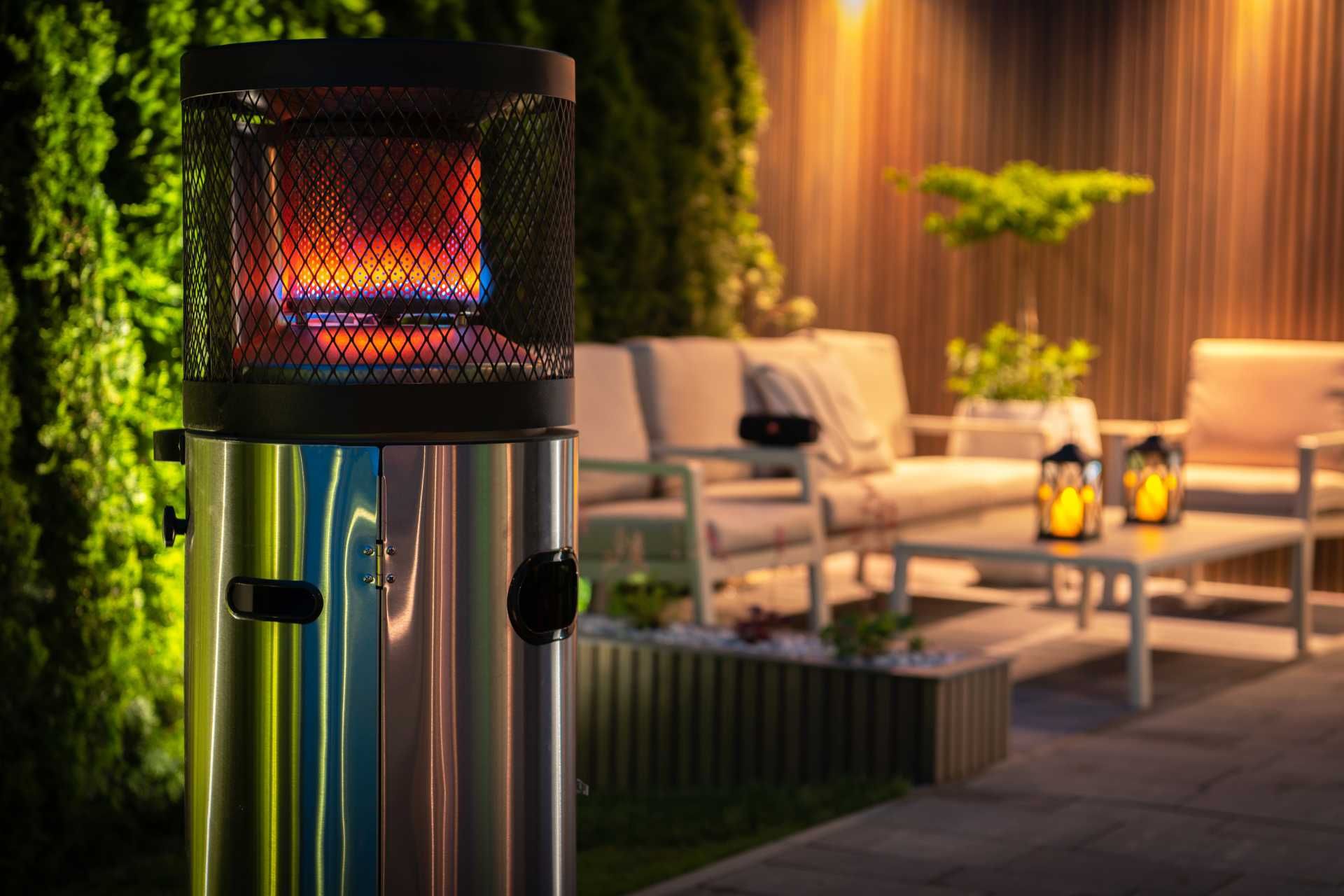How to Maintain your Propane Tank
Propane tanks are an essential component of many households, used for a wide range of purposes including heating, cooking, and powering various appliances. To ensure the safe and efficient operation of your propane tank, regular maintenance is crucial.
By following a few simple tips, you can extend the life of your propane tank and keep it in good working condition.
Here are some tips on how to maintain your propane tank.
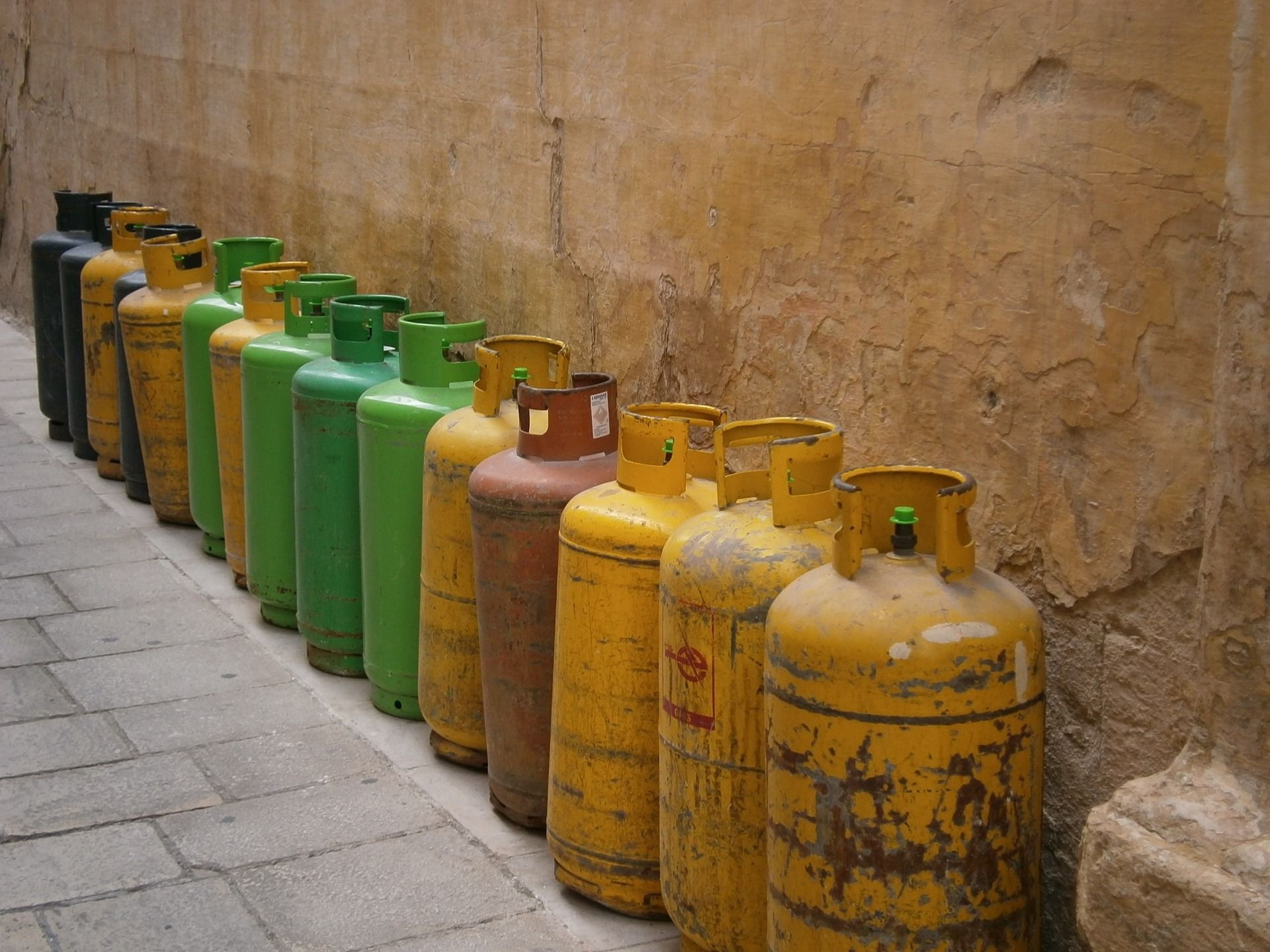
Check for leaks
One of the most important things you can do to maintain your propane tank is to regularly check for leaks.
One of the easiest ways to check for leaks in your propane tank is by using a propane leak detector. These detectors are inexpensive and easy to use, making them a valuable tool for any propane tank owner. Simply turn on the detector and pass it over the tank, fittings, and connection points. If the detector beeps or lights up, there may be a leak present.
Another way to check for leaks is by using a soap and water solution. Mix equal parts of dish soap and water in a spray bottle and spray it on the tank, fittings, and connections. If you see bubbles forming, there may be a leak present. Make sure to check all connection points thoroughly, as leaks can occur at any point in the system.
It's also important to regularly inspect the condition of your propane tank. Look for any signs of rust, corrosion, or damage to the tank itself. These are all potential areas where leaks can occur. If you notice any of these issues, it's best to replace the tank immediately to prevent any potential leaks.
Keep the tank clean
Dirt and debris can build up on the exterior of your propane tank over time, which can lead to corrosion and other issues.
One of the main reasons to keep your propane tank clean is to ensure that it functions properly. Over time, dirt, dust, and debris can accumulate on the outside of the tank, which can interfere with the flow of gas. This can result in uneven cooking, poor flame quality, and even dangerous gas leaks. By regularly cleaning your tank, you can prevent these issues and ensure that your appliances work as they should.
Another important reason to keep your propane tank clean is for safety reasons. Propane is a highly flammable gas, and a dirty tank can increase the risk of a fire or explosion. By keeping your tank clean and free of debris, you can reduce the chances of a dangerous accident occurring.
So, how can you keep your propane tank clean? Here are some tips:
1. Regularly inspect the tank for dirt, dust, and debris. If you notice any build-up, use a damp cloth or sponge to wipe it away.
2. Keep the area around the tank clean. Make sure there are no leaves, grass, or other debris near the tank that could get blown onto it.
3. Avoid using harsh chemicals or abrasives to clean the tank, as these can damage the finish and potentially cause leaks. Stick to mild soap and water for cleaning.
4. If you notice any rust or corrosion on the tank, it may be time to replace it. Rust can weaken the tank and increase the risk of a gas leak.
Store the tank properly
First and foremost, never store your propane tank indoors or in a confined space. Propane is a flammable gas that can be dangerous if not handled properly. Always store your propane tank outside in a well-ventilated area. This will help prevent any potential leaks from building up and posing a risk to you and your home.
Additionally, make sure to store your propane tank in an upright position. Propane tanks are designed to be stored and used in a vertical position, and storing them horizontally or on their side can cause the gas to leak out. Keep your propane tank securely in place by using a tank stabilizer or placing it in a sturdy stand.
When storing your propane tank, make sure to keep it away from any sources of heat or flame, such as grills, stoves, or open flames. Propane tanks should also be kept away from any combustible materials, such as paper, wood, or gasoline. It is important to keep a safe distance between your propane tank and any potential fire hazards to prevent accidents.
Inspect the tank regularly
One of the most important reasons to inspect your propane tank regularly is to check for any signs of leaks. Propane is a highly flammable gas, and a leak can be extremely dangerous. Signs of a leak may include a strong odor of gas, a hissing sound near the tank, or bubbles in a soapy water solution when applied to the tank’s connections. If you suspect a leak, it is important to turn off the gas supply, evacuate the area, and contact a professional immediately.
Regular inspections can also help identify any potential corrosion or damage to the tank. Exposure to the elements can cause the tank to rust or weaken over time, which can lead to leaks or even a rupture. Inspecting the tank for any signs of damage, such as rust spots, dents, or bulges, can help prevent these issues from escalating.
In addition to inspecting the tank itself, it is also important to check the connections and valves regularly. Loose or damaged connections can cause leaks, while faulty valves can lead to a loss of pressure or gas flow. Making sure all connections are tight and secure, and that valves are functioning properly, can help prevent accidents and ensure the safe operation of your propane system.
It is recommended to have your propane tank professionally inspected on a regular basis. A professional inspection can catch any potential issues that may not be immediately apparent to the untrained eye, and can help ensure that your tank is operating safely and efficiently.
Don't overfill the tank
When a propane tank is overfilled, there is no room for the propane to expand when it heats up. This can cause the pressure inside the tank to increase to dangerous levels, potentially leading to leaks, fires, or even explosions.
Overfilled propane tanks are also at risk for leakage, which can pose a serious health hazard to those in the vicinity. Inhaling propane gas can cause dizziness, nausea, and even asphyxiation in extreme cases.
To prevent overfilling your propane tank, it is important to follow the guidelines set by the tank manufacturer. Most tanks have a built-in gauge that indicates when the tank is at capacity. It is crucial to stop filling the tank once it reaches this point.
It is important to store your propane tank in a safe and secure location. Propane tanks should always be stored upright and in a well-ventilated area. It is also important to keep the tank away from heat sources and open flames.
Professional Maintenance Tips
For efficient upkeep of your propane tank, consider scheduling regular professional maintenance checks. Safety precautions should always be a priority when handling propane tanks. When hiring professionals, ensure they're certified and experienced to guarantee a thorough inspection. These experts will check for leaks, corrosion, and any other potential hazards that could compromise the tank's integrity.
Efficiency tips provided by professionals can help you get the most out of your propane tank. They may advise you on optimal usage practices, such as avoiding sudden temperature changes that could affect the pressure inside the tank. Additionally, professionals can recommend upgrades or adjustments to your system to improve its overall efficiency and longevity.

